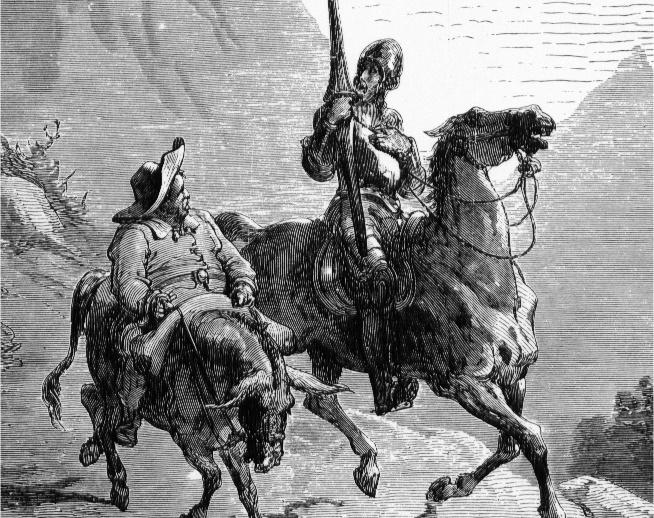When I shop at Martin’s, our local grocery store here in Front Royal, Virginia, I am often struck by the physical infirmities of some of the older male shoppers. Some are in the store’s mobile carts, some are crippled and twisted by arthritis, and some, ground down by toil and hard living, shuffle along the aisles. Others, like myself, may be more mobile, but our faces bear the wrinkles, scars, and discoloration of tens of thousands of days lived on this planet.
Let me tell you something that you may not know about these men.






